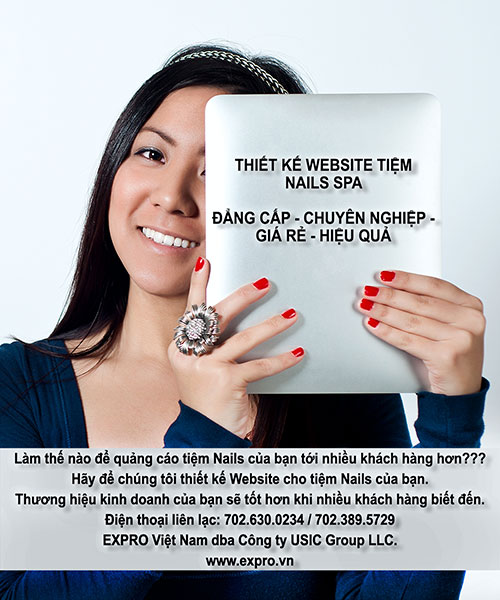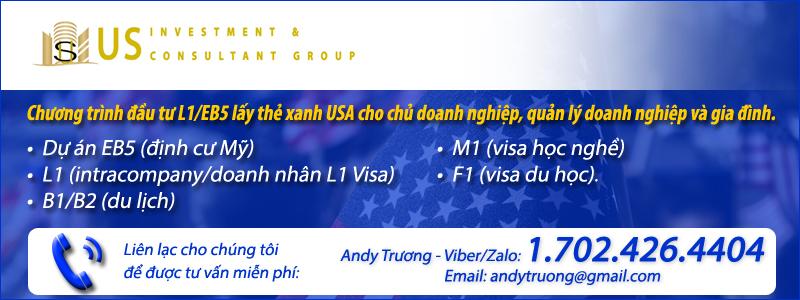Thế Sự Thăng Trầm, Hoàng Ngoc Nguyên: THE VP'S MISSION IMPOSSIBLE
Diệu Huyền
Thế Sự Thăng Trầm, Hoàng Ngoc Nguyên:
THE VP'S MISSION IMPOSSIBLE
Vice President Kamala Harris has just concluded her 7-day Southeast Asian mission, visiting only Singapore and Vietnam in an obvious bid for their cooperative support of the United States' efforts to challenge China's attempt to control the South China Sea by unlawful claims.
Her trip (only her second overseas tour as vice president, after her visit to Central American states in early June over the border issue), has aroused, however, a good cause of concern about the Achilles' heel of the United States' foreign policies: we may not know what we have in mind, what we are saying and doing!
Southeast Asia is a vital geopolitical region to the U.S., as strategic as East Asia with three traditional allies: South Korea, Japan and Taiwan. Southeast Asia however has always given us more headaches. We have traditional allies - which used to be strong ones - like Thailand and the Philippines, where there are now frequent street showdowns of dissenters fighting for democracy and freedom (which we call "liberty" in the U.S.). There are also stubborn communist regimes like Vietnam, Laos and Cambodia; a bloody military dictatorship like Myanmar; Islamic states like Indonesia and Malaysia; and Singapore, with a population of only 5.7 million and a GDP per head equivalent to that of the U.S. (around $62,000). And certainly Brunei, a small Islamic island kingdom with a population of less than half a million people.
When Mrs. Harris talked to only Singapore and Vietnam during her so-called Southeast Asia trip, her mission was inevitably unsatisfactory, inadequate and unfulfilled. Anyway, Singapore and Vietnam are only two of the 10-member ASEAN regional organization. It is believed that the United States wants to enhance its new focus in this region through this Southeast Asian trip of Mrs. Harris. If this is a case of changing horses, Joe Biden is not much different from his predecessor: Donald Trump met with North Korea's Kim Jong-un in Singapore first, in Vietnam later, to show his preference.
Some progressive political factions in these Southeast Asian countries, in fact, were not happy, being ignored or forgotten: Mrs. Harris did not show much interest in the aspiration for democracy of those in countries like Thailand, Myanmar, even in Vietnam, where the prison is increasingly peopled with political dissenters. As a matter of fact, it's this pursuit for civil rights of these people which make their countries much different from China.
On the other hand, the vice president may not know, or was not told, that in most of these Southeast Asian countries, the "Chinese-origin" population is powerful in its own way, constituting the powerful elitist business class. In other words, they have had a hold of the ruling class by one way or another for many generations.
In preparation for the Vietnam diplomatic task, she apparently had not been briefed about the relationship between Red China and the Communist Vietnam in the past seven decades - since Mao Tse Tung's People's Republic of China came into being. In both Indochinese wars against the French colonialists (1946-1953) and U.S.-backed South Vietnam (1960-1975), Hanoi could not have survived without more-than-generous supplies of strategic modern arms from Red China and the Soviet Union.
Communist Vietnam indeed had a hard time with China in the eighties when Hanoi invaded the Beijing-sponsored Khmer Rouge's Cambodia which had caused a lot of hostile border trouble to Vietnam. Deng Xiaoping consequently decided to "teach a lesson" to Hanoi, which had been regarded by Beijing "first as a comrade, second as a brother". But at the time, Vietnam could "betray" China because it had the Soviet Union in the back, therefore the lesson lasted only six weeks, mainly in mountainous border provinces of Vietnam. China and Vietnam quickly normalized their ties as soon as the Soviet Union fell apart in 1990, with all top leaders of Hanoi summoning themselves apologetically in the Great Hall of People in Beijing. In fact, Vietnam's thriving economy in the past two decades is "made in China".
Mrs. Harris has little idea of Vietnam yesterday and Vietnam today. In the old days, Hanoi waged a "war of choice" for "national reunification" at the cost of no less than one million soldiers from both sides, including nearly 60,000 American servicemen, perishing. The reward for victory is one of the most corrupt and despotic regimes in the world.
In Vietnam today, the party boss of Hanoi, Nguyen Phu Trong, still claims that no political system could be better than a communist one, and for this reason, no political change is needed. Trong never misses a chance to pledge allegiance with Chairman Xi Jinping in Beijing. To avoid any misunderstanding, right before the U.S. vice president's arrival, the ambassador of China in Hanoi had a meeting with Prime Minister Pham Minh Chinh, who assured the Chinese envoy that Vietnam would never enter any alliance with any power to confront Beijing. To make things clearer, Trong decided not to see Mrs. Harris during her two-day stay in Hanoi.
Mrs. Harris had two meetings, one with Chairman Nguyen Xuan Phuc and the other with Prime Minister Chinh. She resolutely urged Vietnam to join the U.S. in a common front to denounce China's coercion and intimidation to back unlawful claims of South China Sea. To lend weight to her words, she had a lot of "gifts" (not bribes) to the hosts: donating a million doses of vaccines, opening a regional CDC office in Hanoi, building a new American embassy, and granting an armed patrol boat (against Chinese sea intruders?).
In return for Mrs. Harris' graciousness, Vietnamese leaders pledged a new chapter in relations between the two countries, more cooperation in trade (so that Vietnam could sell much more goods to the U.S.) and public health (so that Vietnam could receive more vaccines). As an act of good will, the communist authorities released two American citizens of Vietnamese origin, who were put in jail in 2018 on subversion charges ("plotting to overthrow the people's government"). Two are not many. Hanoi could still feel safe: there are still thousands in jail, anyway. Just like the way Hanoi has now and then returned one or two bodies of American soldiers dying or missing in the war which ended 46 years ago. But the Vietnamese leaders had no answer to the American vice president's plea of a common front against the Chinese in the South China Sea. And in fact, no one had expected they would.
Some wishful observers still suggested that Mrs. Harris' trip was a success. One which can redeem her President's costly spontaneous adventure in Afghanistan. The question is: whose success? Who wins what? The American vice president who unnecessarily openly declared war against China and vowed a readiness to buy the Vietnamese commitment to this cause, or the deceitful Vietnamese who are more ready to take than to give, and committed to nothing, learning the lessons of "one thousand years under the Chinese rule" - the title of a famous song of the Vietnamese.
-
Người viết đánh giá
-
Rated 5 stars
-
Tuyệt vời
-
Hoàng Khoa
- Reviewed by:
Expro Việt Nam
-
Published on:
03-09-2021
- Last modified:
06-09-2021
 Trần Kiêm Đoàn, HÒA HỢP HÒA GIẢI DÂN TỘC 50 NĂM SAU VỪA TẦM HAY ĐÃ MUỘN
Trần Kiêm Đoàn, HÒA HỢP HÒA GIẢI DÂN TỘC 50 NĂM SAU VỪA TẦM HAY ĐÃ MUỘN






